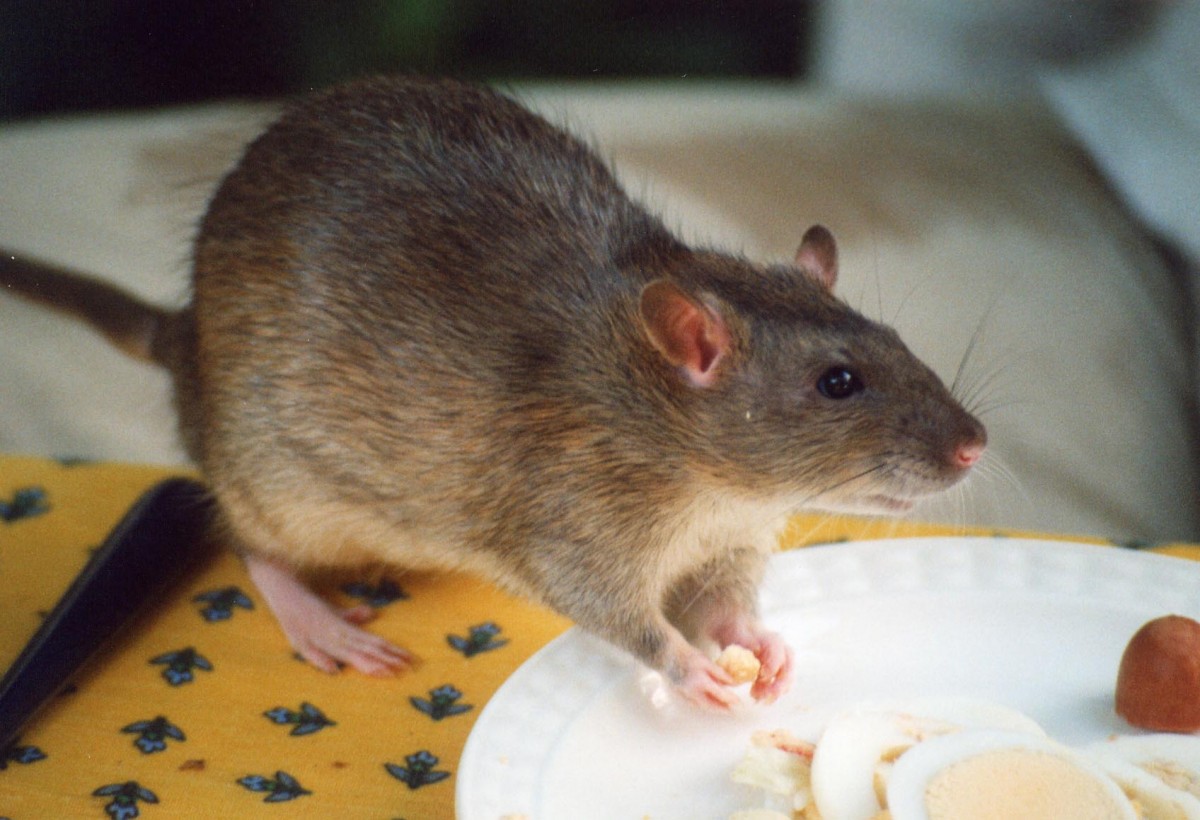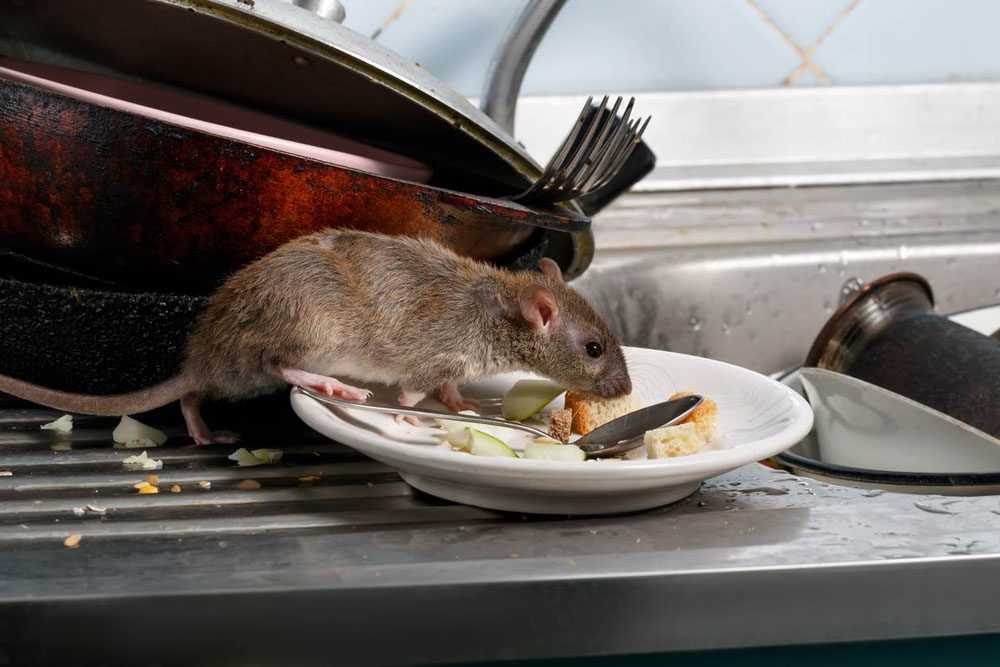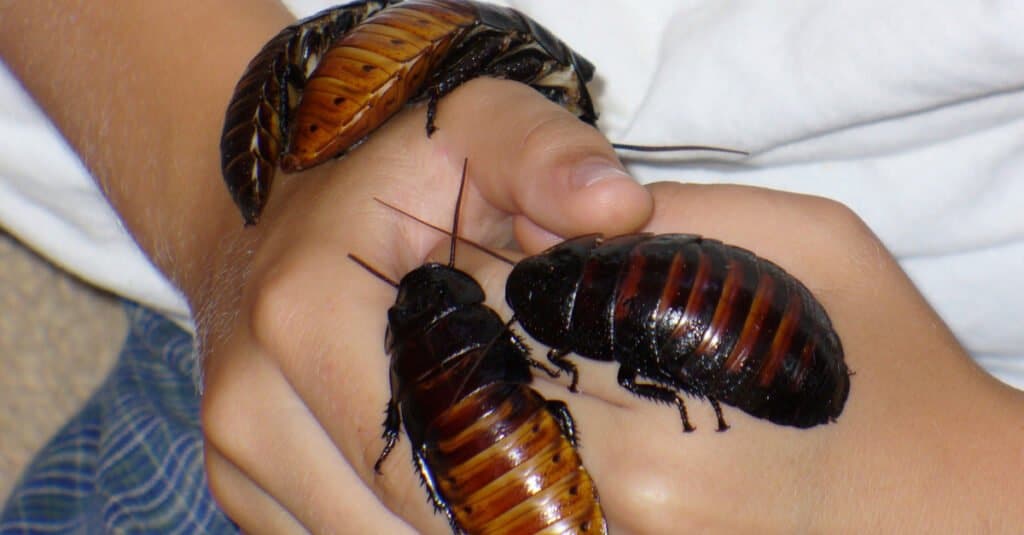Rats and mice can be hard to get rid of for homeowners. Health risks and property damage come with these pests. Not only are they hard to locate, but they are also challenging to eliminate.
Once you get rid of these unwelcome guests, you’ll reclaim your house. Here’s how to get rid of mice and rats.
Identify a Rodent Infestation
Pest infestations can be eradicated in a variety of ways, depending on the severity. Before you can get rid of mice and rats, you have to know the obvious signs. Look for signs of nest construction, grease stains, bite marks, and droppings. There could be scraping or scuttling coming from the walls or ceiling.
These tools can reveal rodents’ behaviour and movement patterns. They can help you target your eradication efforts better.
Seal Entry Points
Check your home’s outside for entry points. Preventing infestations primarily involves keeping rodents away of your house. Check for cracks in the foundation. Don’t forget to check around doors, windows, and utility lines. Any openings can be sealed with steel wool, weatherproof sealant, or hardware cloth. This will deny rodents access to your living spaces. Check areas where utility lines enter the home. Rodents can exploit even small gaps to get in.
And inside your home, check for entry points. Around pipes, vents and electrical outlets. Seal them with caulk or foam. This will stop rodents from entering your living spaces.
Remove Food Sources
Rodents seek food and water. So, remove these attractants to control them. Store food in airtight containers. Clean up spills and crumbs. Secure garbage bins with tight-fitting lids. Don’t leave pet food out overnight. Use rodent-proof feeders for birdseed and other outdoor food. Deny rodents’ access to food. It will make your home less appealing and discourage infestations.
To reduce food sources for rodents, clean regularly. Clean floors, countertops, and surfaces of food debris. Focus on food prep and storage areas. Also, check areas where pets are fed. These are common spots for rodents to find food.
Set Traps
Utilising traps and baits can be an effective method for controlling rodent populations. Snap traps and live traps each have pros. Choose one that fits your household’s needs. There may be a need for certified pest control services for severe infestations. These pros can assess and then control rodents.
Rodents are easy to catch and kill with traps. Ensure that the traps you buy are the right size for the rodents. Use snap traps for mice. Use larger snap traps or electronic traps for rats. Place traps along walls and in areas with rodent activity. Bait them with enticing foods like peanut butter or nuts. Check traps often. Rodents should be disposed of in sealed plastic bags to prevent contamination.
Set up a mix of snap and electronic traps.This will improve your chances of catching rodents. Place traps in different locations. Experiment with various baits. This will help you find the best methods for your situation.
Use Rodenticides
Rodenticides can control rodent populations. But, they should be used with caution in homes with children or pets. Use rodenticides labelled for indoor use. Follow all safety precautions and instructions. Place bait stations or blocks where rodents will find them. Good spots are along runways or near entry points. Monitor bait stations regularly and replenish bait as needed to maintain control.
To improve rodenticides, consider using traps with them. This will create a multi-faceted approach to rodent control. Traps give quick results. Rodenticides kill remaining rodents and prevent future infestations.
Employ Natural Deterrents
Some natural deterrents can repel rodents from your home. They do so without chemicals or traps. Also, natural deterrents can help. These include essential oils, ultrasonic repellents, and natural predators. Using these methods can create a strong defence against rodents.
You can repel mice and rats with peppermint oil, for instance. Its strong scent is the reason. Dip cotton balls in peppermint oil. Put them near entry points where rodents are active. Grow plants that repel rodents like lavender or marigolds to keep them away from your house.
Combine natural deterrents with other ones to boost their effectiveness. Seal entry points and remove food sources. Create a less hospitable environment for rodents. This will discourage infestations and reduce the need for aggressive control.
Seek Professional Assistance
The best rodent control is a mix of prevention, maintenance, and, if needed, professional help. These practices will protect homes, health, and a rodent-free environment. If your rodent control fails, get help for a large or stubborn infestation. Pest control pros can find and kill rodent infestations. They’ve got the knowledge, experience, and tools. You can get an inspection, treatment, and ongoing pest control from a certified mice exterminator. To find more rodent activity, they use cameras or detectors in areas with signs of it.
When choosing a pest control pro, look for licensed, insured companies. They should have experience with rodent infestations. Ask friends, family, or neighbours for recommendations. Then, request quotes from multiple companies to compare their services and prices. Hiring professionals will ensure complete rodent removal and prevent future infestations.
In Conclusion
A combination of methods is necessary to deal with mice, rats, and other rodents. It must address both the infestation and the causes of rodent activity.
It’s vital to use effective strategies to eliminate rodents. This keeps our living environment healthy and safe. First, seal all potential entry points. Rodents can squeeze through small gaps. Regular inspections and quick repairs of any weak structures in your property are vital. Also, keep your home clean inside and out. It removes food and nesting materials that attract pests. Store food in sealed containers. Dispose of rubbish regularly. This will deter rodents.
Education and awareness play a critical role in rodent control. Knowing rodents’ behaviour helps homeowners act quickly on any signs of an infestation. Regular monitoring and maintenance of the property can catch issues early. This prevents minor problems from escalating.




